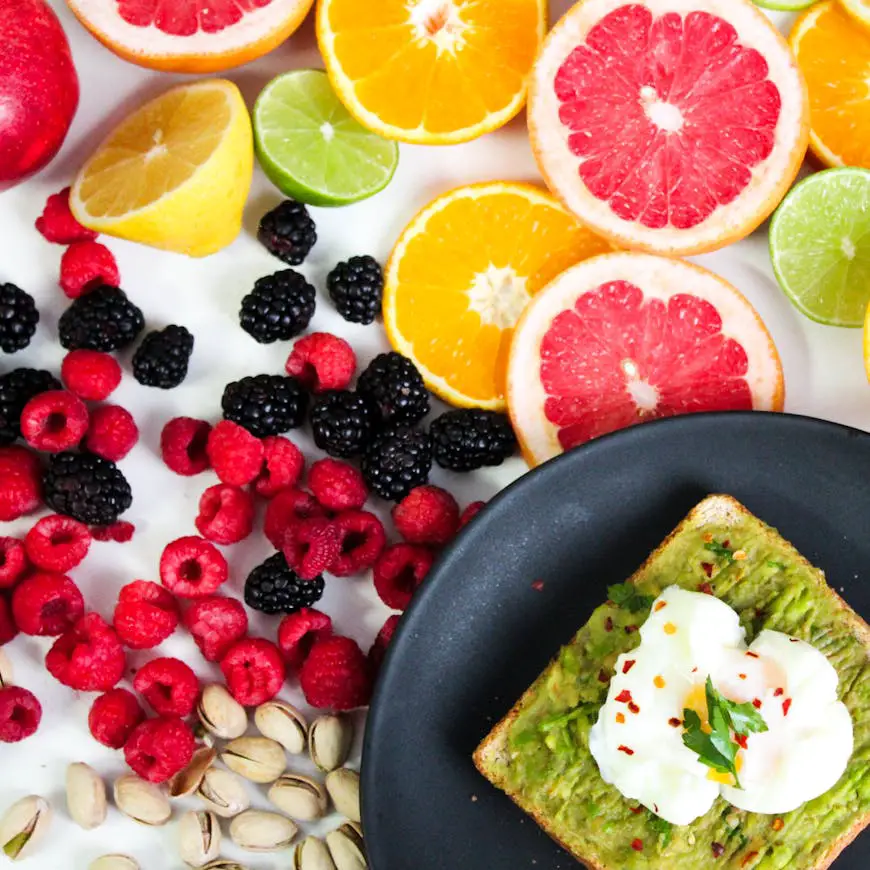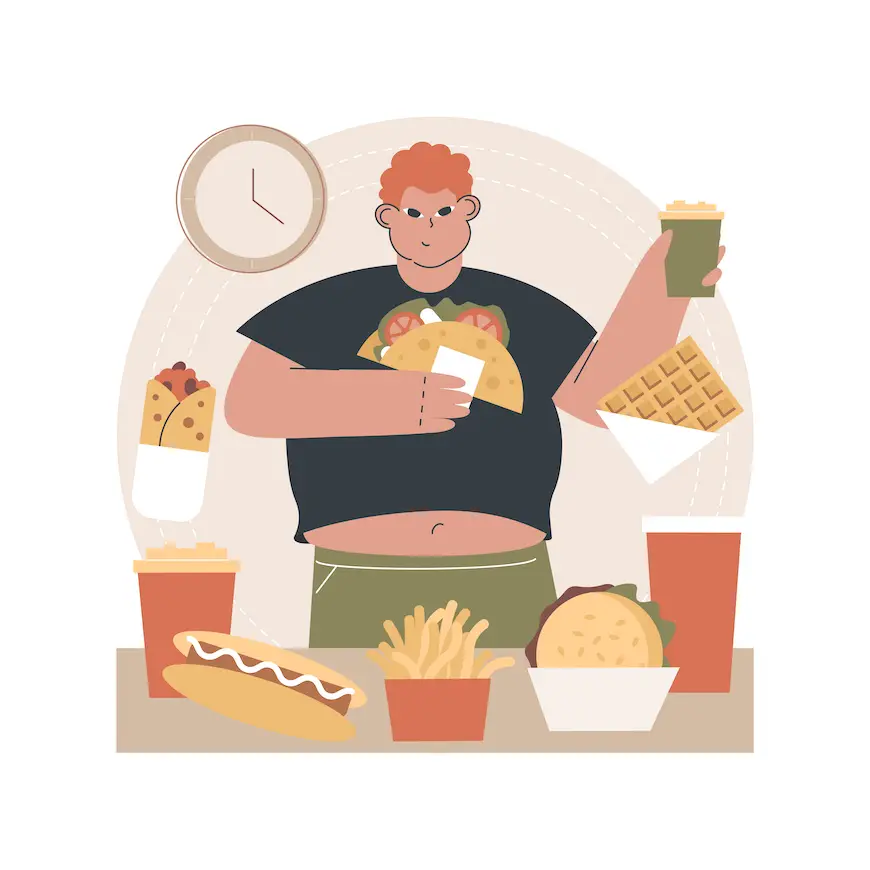Are you interested in the importance of healthy nutrition? All types of human bodies need a good nutrition system in order to grow appropriately and stay healthy. Certainly, our bodies have to consume macronutrients such as proteins, carbs, water, and micronutrients such as vitamins and minerals.
Researchers have noticed any processed, sweet, fatty, and salted foods deteriorate the body and it won’t function appropriately. However, when you consume fresh, natural meals, it fuels your body by producing the necessary energy for all cells better function. Moreover, these natural food intakes prevent your body from chronic diseases.
Importance of healthy nutrition – main nutrients
For now, there are seven types of main nutrients which are:
- Proteins
- Carbs
- Fats
- Vitamins
- Minerals
- Fibers
- Water
So, let’s start by proceeding with the importance of these different types of food already mentioned above.
First, for proteins, we need them mainly because our immunity system and muscles are both strengthened by the presence of proteins. In addition, the amino acid is important to repair our body’s cells damaged and create new tissues, plus it supports the production of enzymes and hormones body. In case you are vegetarian, some foods are full of proteins such as lentils, almonds, seeds, etc… in case you are non-vegetarian, you can eat chicken, beef, fish, etc…
Carbohydrates, as it is well known, are considered energy-providing foods. Around 68% of our body imports energy from carbs. Because it is simpler to convert it into energy. Typically, this energy will take the form of glucose which all body tissue and cells can be used directly. Bread, potatoes, pasta, cakes, and bananas are all food full of carbohydrates.
Read also: 10 benefits of eating dates everyday
Fats, all people talk badly about eating fats. However, some of these people do not know that in your diet it is crucial to eat fats because they give you energy. However, certain types of fat (monounsaturated or poly saturated fatty acids) are better for you than other types, but they are still a vital element in your diet. They help in the production of hormones, grow cells, and store energy. Many varieties of food contain fat such as butter, cheese, Ice cream, etc…
Read also: What about being vegetarian? Benefits of being a vegan or a vegetarian
Vitamins are major. Because your body cannot function well if you are not having the required amount of vitamins. As well known, vitamins have different names (vitamins A, B, C, D, E, K, B-6, B-12), and we receive most of these vitamins from vegetable meals. But concerning vitamin D & K our body tends to produce them.
Minerals, help your body to function smoothly. Let’s inform you about these major roles played by minerals so you can understand how and why they are significant.
- Phosphorus is used for cell membranes,
- calcium is vital for the overall health structure and operation of human bones,
- Sodium keeps fluid and blood pressure balanced
- Chloride is used to produce all kinds of digestive fluids
- Potassium reduces muscles contractions and approves nerve impulses
Finally, minerals have an important role in our bodies but we need a tiny amount for intake.
Fibers are mainly found in vegetables, grains, and fruits, they are best known for their ability to prevent constipation. However, food full of fiber can provide other health factors. Such as, maintaining a healthy weight, and lowering the risk of diabetes, and heart disease.
Getting a real amount of water is great to keep your body healthy. Many positive impacts, water can provide. First, prevent dehydration, keeps your body at a good temperature, keep your joints working well, help you get rid of wastes through urination, etc….
Don’t forget that water has no calories, do forget it can help with managing body mass and reduce calorie intake substituted with any sweet drinks like soda.
Final tip, do not wait until you feel thirsty to drink water. Because at this stage your body is dehydrated. Thirst is an indicator that body fluid levels are low. Drink water daily so you don’t have to feel a dry mouth.
Read also: Fruits and Vegetables That Keep You Hydrated
So, a healthy diet ensures that your body receives all the required vitamins, minerals, and nutrients it requires to process at its good form. Never keep yourself without any food plan. Always, plan your meals and snacks to include all seven factors mentioned above.
Read also: Healthy eating habits








